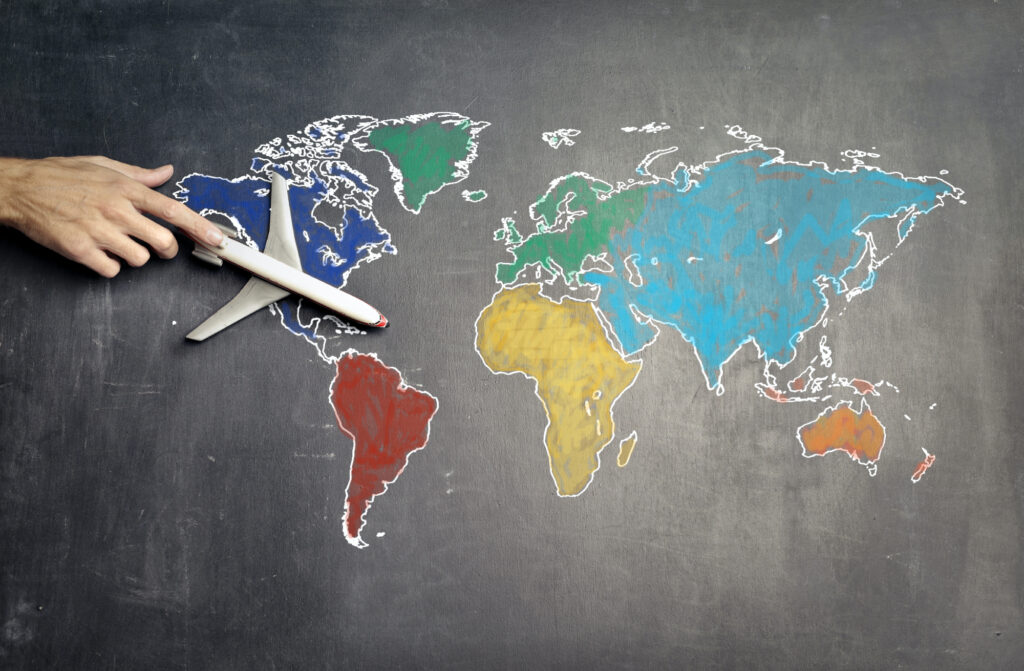Introduction to Legal Translation
Legal translation is a complex process involving the translation of legal documents from one language to another. It’s much more than a simple word-for-word translation – it requires a deep understanding of legal systems, the source and target languages, and the intricacies of legal jargon.
The Importance of Legal Translation
Imagine a world without legal translation. Countries would struggle to understand each other’s laws, treaties would be impossible to draft, and international cooperation would falter. Legal translation is the bridge that connects different legal systems, ensuring clarity and understanding across borders.
Atlas Language Services, a top-tier provider in the legal translation domain, underscores the crucial part played by a legal interpreter. These professional interpreters can help in the legal translation of international law.
Different Aspects of Legal Translation
Legal translation covers a wide spectrum of documents, from contracts and patents to court documents and legislation. Each of these documents carries its own set of challenges and requires a unique set of skills.
The Intersection of Legal Translation and International Law

International law governs the legal relations between countries, and legal translation plays a pivotal role in shaping these relations.
The Role in International Agreements and Treaties
Legal translation is crucial in drafting and interpreting international agreements and treaties.
Case Study: The Kyoto Protocol
Take the Kyoto Protocol, for example. This international treaty, written in multiple languages, required precise legal translation to ensure all signatory countries had a uniform understanding of its requirements.
The Role in International Courts and Tribunals
In international courts and tribunals, legal translation ensures that justice is served, no matter the language of the parties involved.
Case Study: The International Criminal Court
The International Criminal Court (ICC) is a prime example. It handles cases involving individuals from various linguistic backgrounds, and legal translation is key to ensuring everyone has a fair trial.
The Role in Diplomatic Interactions
Diplomatic interactions between nations also heavily rely on legal translation. Clear and accurate legal translation is essential, whether negotiating treaties or resolving disputes.
Challenges in Legal Translation for International Law
Despite its importance, legal translation is fraught with challenges.
Linguistic Difficulties
Language is often ambiguous, and this ambiguity can cause problems in legal translation. In addition, different languages have different structures, idioms, dialects, and cultural references, which can be difficult to translate accurately.
Legal Systems and Concepts
Each country has its own legal system and concepts. Translating these accurately requires not only linguistic knowledge but also a deep understanding of the legal systems involved.
The Importance of Accuracy
In legal translation, accuracy is paramount. A single mistake can change the meaning of a law or a treaty, leading to disputes and misunderstandings.
The Future of Legal Translation in International Law
As the world continues to globalize, the demand for legal translation in international law is expected to grow. New technologies, such as AI and machine learning, are already being used to assist with translation tasks. However, due to the complexity and importance of legal translation, the human element will always be crucial.
Conclusion
In conclusion, legal translation plays a vital role in international law. It facilitates communication between different legal systems, aids in the interpretation of international treaties and agreements, and ensures fairness in international courts.
Despite the challenges, the future of legal translation looks promising, with advancements in technology providing new ways to tackle these difficulties.
FAQs
What is legal translation?
Legal translation is the process of translating legal documents from one language to another. It requires a deep understanding of both legal systems, the source and target languages, and legal jargon.
Why is legal translation important in international law?
Legal translation is crucial in international law as it allows for clear communication between different legal systems. It is essential in drafting and interpreting international agreements and treaties and ensuring fairness in international courts.
What are some challenges in legal translation?
Legal translation faces many challenges, including linguistic difficulties, differences in legal systems and concepts, and the need for absolute accuracy.
What is the future of legal translation in international law?
The future of legal translation in international law is bright, with the demand expected to grow as the world continues to globalize. Technological advancements may also aid in the process, although the human element will remain vital.
Can machines replace human translators in legal translation?
While machines can assist with translation tasks, they cannot fully replace human translators in legal translation. This is due to the complexity of the work, which requires not just linguistic knowledge but also a deep understanding of legal systems.
